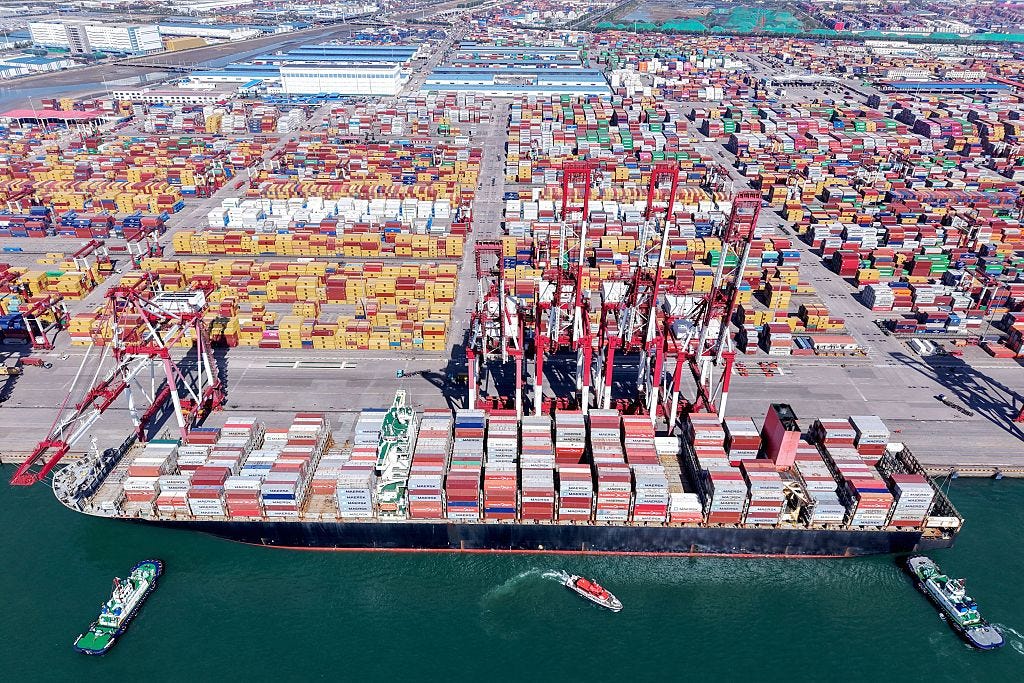Globalization, neoliberalism, and the end of an era
Looking back on our conversation with Joseph Stiglitz on how market fundamentalism failed us, and the big idea he believes can fill the void
We talked to the economist Dani Rodrik yesterday about how the rise of Donald Trump and other ethnonationalist authoritarian leaders worldwide is a backlash to a period of “hyperglobalization” that began in the 1990s. Over the last three decades, Rodrik told us, leaders have “put democracy to work for globalization,” rather than the other way around, us…




